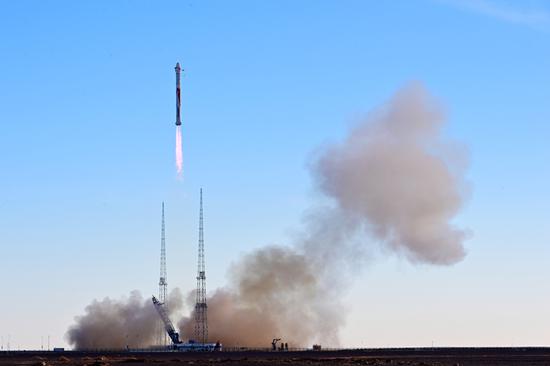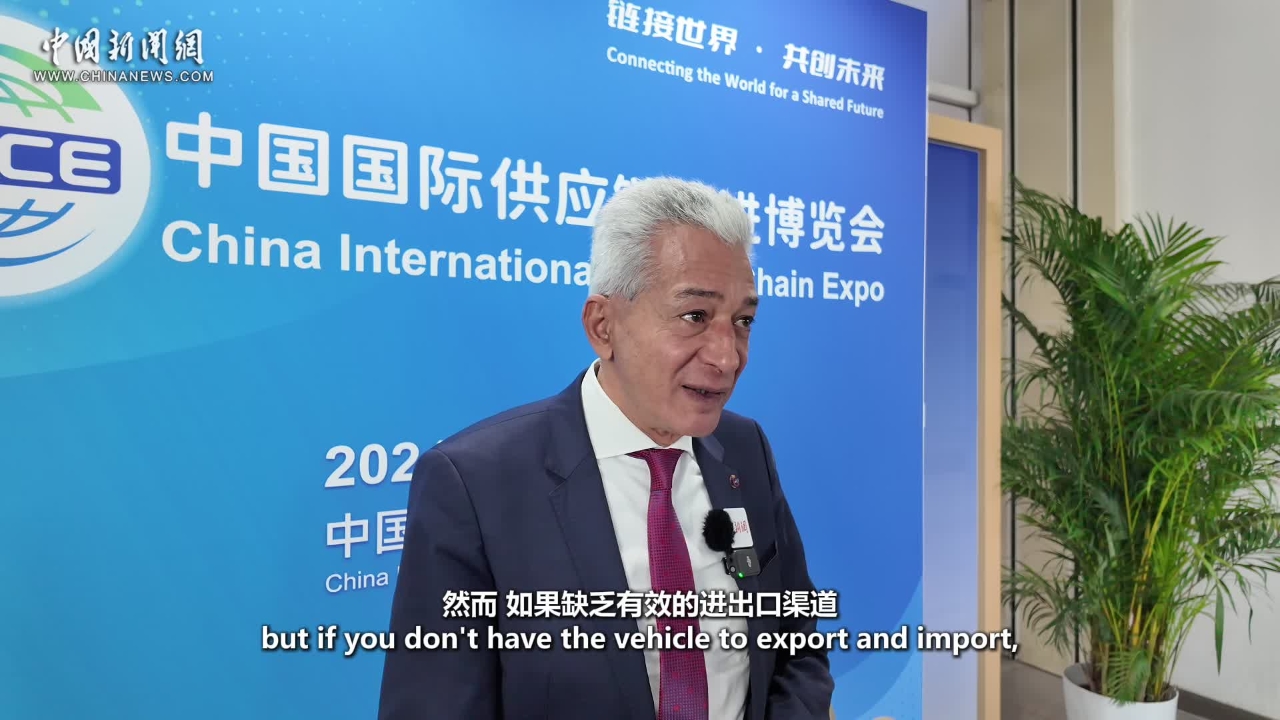The United States appears to be taking a stand against developing countries looking for an alternative to the dollar, which some experts say could backfire.
On Saturday evening, U.S. President-elect Donald Trump threatened to impose 100 percent tariffs on BRICS countries — which include China and Russia — that do not use the dollar as their reserve currency.
"The idea that the BRICS countries are trying to move away from the dollar while we stand by and watch is OVER," he wrote on his Truth Social website, referring to the bloc that also includes Brazil, India and South Africa, and newer members Egypt, Ethiopia, Iran, Saudi Arabia and the United Arab Emirates.
"We require a commitment from these countries that they will neither create a new BRICS currency nor back any other currency to replace the mighty U.S. dollar, or they will face 100 percent tariffs, and should expect to say goodbye to selling into the wonderful U.S. economy," Trump added.
Last week, the president-elect said he would impose 25 percent tariffs on Canada and Mexico if they did not stem illegal immigration into the U.S., and would increase existing tariffs on China by 10 percent.
During his presidential campaign, Trump also floated 60 percent tariffs on all Chinese imports.
The Chinese embassy in Washington said on Nov 25 that China believes China-U.S. economic and trade cooperation is "mutually beneficial in nature" and "no one will win a trade war or a tariff war".
At a BRICS meeting in Kazan, Russia, last month, one of the main topics was a proposal by the host country of a payments messaging system called the "BRICS bridge "as an alternative to the Western-dominated SWIFT system, which was established in 1973 and is headquartered in Belgium.
Russian President Vladimir Putin, in a speech at the meeting, accused Western nations of "using the U.S. dollar as a weapon" over his country's military conflict with Ukraine.
"We are not rejecting or fighting the dollar. But if we are not given the chance to use it, what can we do? We are then forced to look for alternatives," Putin said.
Chen Qi, a professor at the Institute of International Relations at Tsinghua University in Beijing, told the Financial Times of London: "Non-Western emerging countries like China, Russia, India, or other countries, even Saudi Arabia, have the same kind of concerns about possibly one day being ousted by the United States from the SWIFT system. So if this substitute payment system comes out in the future, that would be welcomed by these (BRICS) countries."
Ajay Srivastava, founder of the Global Trade Research Initiative in India, told the Times of India: "The U.S. has a history of leveraging its influence over global financial systems, such as the SWIFT network, to impose unilateral sanctions. SWIFT — the Society for Worldwide Interbank Financial Telecommunication — is essential for secure and standardized international financial transactions.
"By blocking countries like Russia and Iran from accessing SWIFT, the U.S. has effectively weaponized the global financial infrastructure, forcing other nations to find alternative payment mechanisms to continue legitimate trade."
Srivastava said "Trump's threat is unrealistic".
"Tariffs of this scale would harm U.S. consumers by raising domestic prices, disrupt global trade, and risk retaliation from key trading partners," he said. "A global shift away from (the) dollar is a complex process driven by economic diversification, not easily deterred by threats."
'Diametrically opposed'
Michael Pettis, a senior fellow at the Carnegie Endowment for International Peace, wrote on X: "The U.S. cannot both reduce its trade deficit and increase the global dominance of USD because these impose diametrically opposed conditions.
"Reducing the trade deficit would benefit American businesses, workers and middle-class savers. Increasing USD dominance would benefit Wall Street and the sanctioning power of the U.S. government. The U.S. must decide which constituency is more important."
In another post on X, AI Day Trading, a stock-trading service, wrote that the tariff threat could backfire: "The U.S. has a $433.5 billion trade deficit with BRICS. None of the BRICS partners or candidate nations (more than 50 countries in total) have significant trade deficits with the U.S., with Vietnam posting a $104.62 billion surplus in 2023.
"The U.S. depends on BRICS for a wide range of physical goods, from machinery and pharmaceuticals to rare earth minerals, with the bloc accounting for 40 percent to 70 percent of production in these sectors."


















































 京公網安備 11010202009201號
京公網安備 11010202009201號